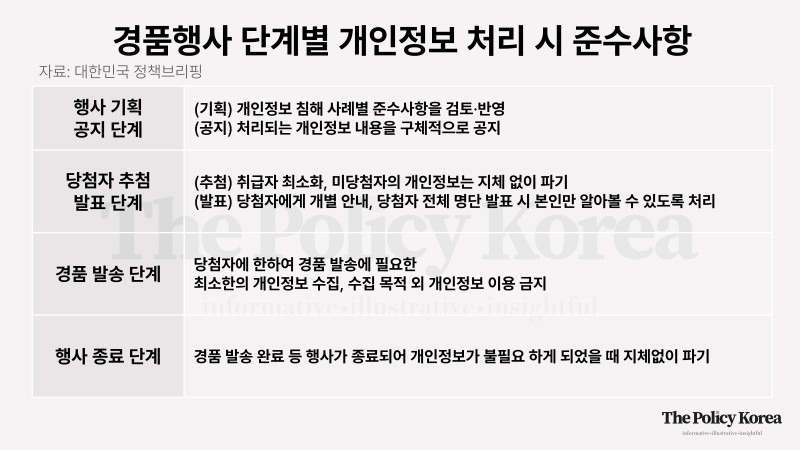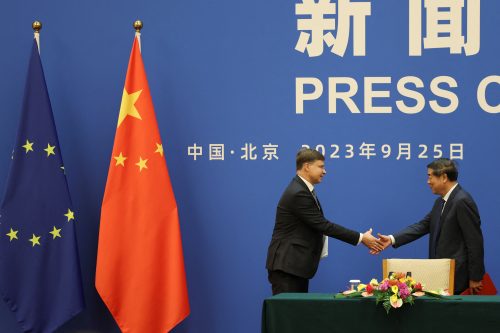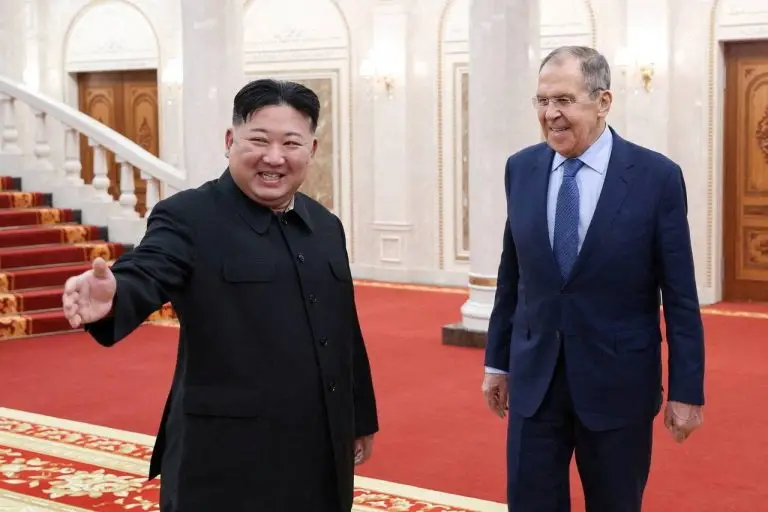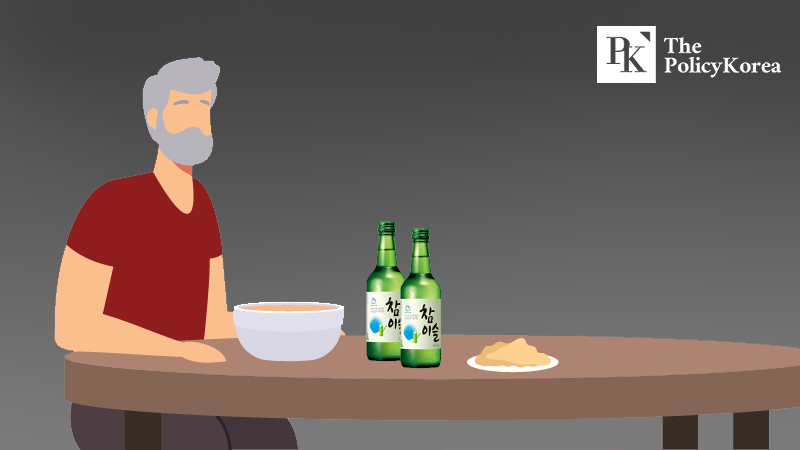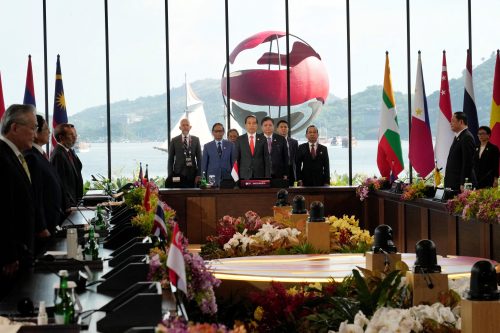[동아시아포럼] 위협받는 ‘하나의 중국’
러-우 전쟁 발발, 더이상 같은 실수 할 수 없는 바이든 행정부 ‘전략적 모호성’을 명분으로 한 미국 억지력 강화 느끼는 중국 불길한 징조: 지난 2월 ‘풍선 사건’과 미 국무부 부장관의 베이징 방문 연기
[동아시아포럼]은 EAST ASIA FORUM에서 전하는 동아시아 정책 동향을 담았습니다. EAST ASIA FORUM은 오스트레일리아 국립대학교(Australia National University)의 크로퍼드 공공정책 학교(Crawford School of Public Policy) 산하의 공공정책과 관련된 정치, 경제, 비즈니스, 법률, 안보, 국제관계 및 사회에 대한 분석 및 연구를 위한 플랫폼입니다.
저희 폴리시코리아(The Policy Korea)와 영어 원문 공개 조건으로 콘텐츠 제휴가 진행 중입니다.

샤오위췬은 대만, 홍콩 및 마카오 연구소의 소장이자 미국연구센터의 선임 연구원입니다. 이전에는 미국학부 부소장 및 SIIS 연구관리 및 국제교류부 부장으로 근무한 바 있습니다. 1975년 상하이에서 태어나 동방사범대학교에서 중어중문학과 학사, 국제중국학 석사를 취득하고 푸단대학교에서 국제관계학 박사 학위를 받았습니다.
중미 관계의 미래와 두 핵 강대국 간의 갈등 가능성을 둘러싼 비관론이 팽배합니다. 대만 해협은 미국과 중국의 전략경쟁과 대만 문제에 대한 견해차가 커지면서 갈등의 도화선이 될 가능성이 가장 높은 지역이 되었습니다.
미국의 ‘하나의 중국’ 정책은 중국의 ‘하나의 중국’ 원칙과는 다르지만, ‘중국 본토와 대만은 모두 하나의 중국에 속한다’는 점과 미국은 ‘대만 독립’ 또는 ‘하나의 중국, 하나의 대만’을 지지하지 않는다는 점에는 두 강대국 사이에 공감대가 형성되어 있습니다. 그러나 중국 전략 커뮤니티는 미국 정책에 대한 신뢰를 잃고 있으며 이러한 정치적 기반이 약화되어 중미 관계가 흔들리게 될 것이라는 우려가 있습니다.
문제를 더욱 복잡하게 만드는 것은 양안 정치 관계에 대한 대만의 입장이 ‘하나의 중국, 하나의 대만’ 정책을 추진하는 것으로 간주되는 중국 본토에서 받아들여지지 않는다는 점입니다. 중국 입장에서는 미국이 경쟁적 목적으로 대만에 관여하는 것이 사실상 ‘하나의 중국, 하나의 대만’ 정책을 지지하는 것으로 간주됩니다.
조 바이든 미국 대통령의 전략의 중요한 부분은 지정학적 영향력 경쟁에 초점을 맞추고 있습니다. 2021년 12월 엘리 래트너 미 국방부 차관보는 미 의회에서 ‘대만은 인도-태평양에서 미국의 중요한 이익을 방어하는 데 중요한 제1도련선 내의 핵심 노드에 위치하고 있다’고 증언했습니다.
그의 증언은 중국과 미국 정책계에서 광범위한 논쟁을 불러 일으켰으며, 많은 중국 학자들은 바이든 행정부가 대만을 미국의 전략적 자산으로 인식함으로써 미국의 ‘하나의 중국’ 정책을 위반했을 수 있다고 주장했습니다. 미국 정부는 라트너의 발언이 정책의 변화를 의미하지 않는다고 부인했습니다.
러시아-우크라이나 분쟁 발발 이후 미국이 대만과의 ‘비공식적 관계’, 특히 군사적 관계를 강화해야 할 이유가 더 커졌다는 게 바이든 행정부와 미국 전략공동체의 판단입니다. 바이든 행정부는 러시아를 억제하는 데 실패했기 때문에 대만 해협에서 같은 실수를 할 수 없습니다. 미국은 중국의 대만 침공을 막기 위해 억지력을 강화해야 한다는 것과 중국 본토가 대만 문제를 해결하기 위한 추진 일정을 세웠다는 것을 믿고 있습니다.
중국이 보기에 대만 당국은 미국의 지원을 받아 대만 해협의 현상 유지를 바꾸고 있습니다. 대만 해협에서 중국의 군사 작전은 이러한 변화를 저지하기 위해 고안되었습니다. 중국은 최근 몇 년 동안 양안 통합과 개발을 적극적으로 추진해 왔으며 대만에서 가장 가까운 본토 지역인 푸젠성을 이 목표를 위한 시범 지역으로 삼았습니다. 일각에서는 중국이 분쟁에 대비하고 있다면 푸젠성에서 경제 발전을 촉진하지 않았을 것이라고 주장합니다. 그럼에도 불구하고 2022 회계연도 국방수권법에서는 대만에 대한 미국의 군사비 지출을 크게 늘렸습니다.
중국은 ‘전략적 모호성’을 명분으로 한 미국의 억지력이 강화되고 있다고 느끼고 있으며, 대만의 일방적인 현상 변화를 지지하지 않겠다는 미국의 보장도 신뢰성이 떨어지고 있습니다. 미국 전략 커뮤니티의 일부에서는 ‘전략적 모호성’을 ‘전략적 명확성’으로 대체해야 한다고 주장하고 있습니다. 이는 미국이 중국의 지정학적 영향력이 미국의 영향력을 추월하는 것을 막기 위해 대만을 중국 본토와 분리시키려 할 것이라는 중국의 확신에 힘을 실어주고 있습니다.
대만은 핵심 기술과 이데올로기 분야에서 중국과 미국의 전략적 경쟁에서 중요한 역할을 담당하고 있습니다. 2021년 10월, 바이든 행정부는 대만을 포함한 ‘민주적 반도체 공급망’을 만들려고 시도하면서 중국으로의 컴퓨터 칩에 대한 광범위한 수출 통제를 시작했습니다. 중국에게 이 정책은 두 가지를 암시합니다. 미국이 중국이 일류 강국으로 발전하는 것을 막겠다는 뜻입니다. 또한 대만을 미중 이데올로기 경쟁의 영역에 포함시킴으로써 대만 문제의 본질을 모호하게 만들려는 것입니다.
2024년 대만 대선을 앞둔 최근 집권 민진당 지도부 선거, 2024년 미국 대선, 케빈 매카시 미국 하원의장의 대만 방문 가능성 등으로 인해 중미 및 양안 관계에 대한 불확실성이 높아졌습니다. 이러한 배경에서 차이점을 유지하면서 공통점을 찾을 수 있는 여지가 줄어들고 있습니다. 2023년 2월 ‘풍선 사건’과 이후 앤서니 블링큰 미 국무부 부장관의 베이징 방문이 연기된 것은 상호 신뢰 결핍이 큰 상황에서 현재의 위기 예방 및 관리 메커니즘이 불충분하다는 것을 드러냅니다.
대만 문제의 중요성을 감안할 때 중국과 미국은 전략적 안정 대화와 위기 예방 및 관리 대화를 진행해야 합니다. 이러한 공식 대화를 시작하는 것이 정치적으로 어렵다면 양국은 오해를 없애고 오산을 방지하며 정부 의사결정에 더 나은 정보를 제공하기 위해 ‘세컨드 트랙’ 대화를 적극적으로 추진해야 합니다.
Strategic competition casts doubt on One China policy
Pessimism surrounds the future of China–US relations and the possibility of conflict between the two nuclear powers. The Taiwan Strait has become the most likely flashpoint for conflict amid US strategic competition with China and growing disagreement over the Taiwan question.
Though the United States’ One China policy is different from China’s One China principle, there is consensus between the two powers that ‘both the Chinese mainland and Taiwan belong to one China’ and that the United States does not support ‘Taiwan independence’ or ‘one China, one Taiwan’. But the Chinese strategic community is losing confidence in US policy and is anxious that China–US relations will be shaken by the erosion of this political foundation.
To further complicate matters, Taiwan’s position on cross-Strait political relations is unacceptable on the Chinese mainland, where Taiwan is seen as promoting a ‘one China, one Taiwan’ policy. For China, the US engagement of Taiwan for competitive purposes is effectively viewed as support for a ‘one China, one Taiwan’ policy.
An important part of US President Joe Biden’s strategy centres on competition for geostrategic influence. In December 2021, US Assistant Secretary of Defence Ely Ratner testified before Congress that ‘Taiwan is located at a critical node within the first island chain…that is critical to the defence of vital US interests in the Indo-Pacific’.
His testimony sparked widespread debate in Chinese and US policy circles, with many Chinese scholars arguing that the Biden administration may have violated the US One China policy by the perception of Taiwan as a strategic asset of the United States. The US government has denied that Ratner’s statements represented any change in its policy.
After the outbreak of the Russia–Ukraine conflict, the Biden administration and the US strategic community believes that the United States has greater reason to strengthen its ‘unofficial relationship’ with Taiwan, especially its military relationship. Since the Biden administration has failed to deter Russia, it cannot make the same mistake in the Taiwan Strait. The United States believes it must increase deterrence to prevent China from invading Taiwan and that the Chinese mainland has a timeline for resolving the Taiwan question.
In China’s view, it is the Taiwanese authorities that are changing the status quo in the Taiwan Strait with the support of the United States. China’s military operations in the Taiwan Strait are designed to deter such changes. Beijing has vigorously promoted cross-Strait integration and development in recent years and has made Fujian Province — the nearest mainland province to Taiwan — a demonstration zone for this objective. Some argue that if China was preparing for conflict, it would not be promoting economic development in Fujian. Nonetheless, the National Defense Authorization Act for Fiscal Year 2022 significantly increased US military spending on Taiwan.
China feels that US deterrence in the name of ‘strategic ambiguity’ is increasing, while US assurances that it will not support a unilateral change of the status quo by Taiwan are becoming less credible. Some in the US strategic community believe that ‘strategic ambiguity’ should be replaced with ‘strategic clarity’. This is reinforcing China’s conviction that the United States will attempt to keep Taiwan separate from the Chinese mainland to prevent China’s geostrategic influence from overtaking that of the United States.
Taiwan has an important role in the United States’ strategic competition with China in the domains of critical technology and ideology. In October 2021 the Biden administration launched extensive export controls on computer chips to China, while attempting to create a ‘democratic semiconductor supply chain’ that included Taiwan. For China, this policy has two implications. It means that the United States will prevent China from developing into a first-class power. It also blurs the nature of the Taiwan question by including Taiwan in the realm of US–China ideological competition.
Recent leadership elections for the ruling Democratic Progressive Party ahead of Taiwan’s 2024 presidential election, a looming 2024 US presidential election and a possible visit to Taiwan by US House Speaker Kevin McCarthy have elevated uncertainty around China–US and cross-Strait relations. Against this backdrop there is less room to seek common ground while preserving differences. The February 2023 ‘balloon incident’ and the subsequent postponement of US Secretary of State Antony Blinken’s scheduled trip to Beijing reveals that current crisis prevention and management mechanisms are insufficient when the mutual trust deficit is so large.
Given the importance of the Taiwan question, China and the United States should conduct a strategic stability dialogue and a crisis prevention and management dialogue. If the politics of initiating such official dialogues prove difficult, both nations should actively promote ‘second track’ dialogues to eliminate misunderstanding, avoid miscalculations and better inform government decisionmaking.



